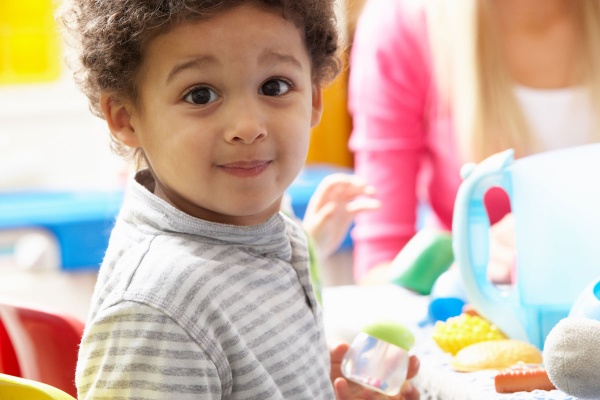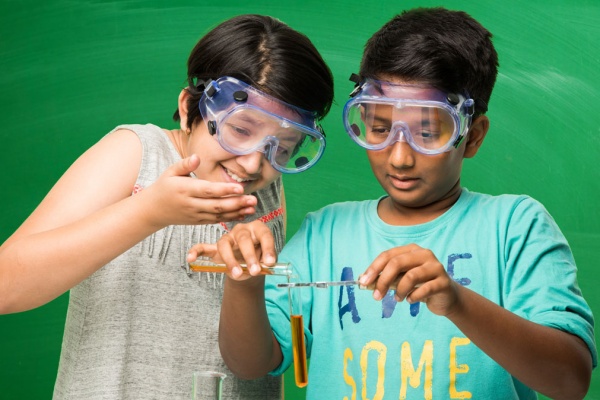
Autism and Diet in the News
Are bread and milk factors in autism? Last week, the British medical journal that first published the study linking the measles, mumps and rubella vaccine to autism took it back, but its action has refocused attention on another component of the research: diet.
The Lancet retracted the 1998 study on the basis that the vaccine research was flawed and the researcher was unethical. (He reportedly had a financial interest in the alternative to the MMR vaccine.) However, on Tuesday, The Washington Post ran an article looking at whether one of the discredited study's other findings, that diet could be an underlying factor in some autism symptoms, has more merit than the vaccine research did.
Many parents have incorporated dietary measures into their children's treatments in the belief that the proteins in grains like wheat and barley and in dairy products are altering their physical and behavioral symptoms. Scientific studies lag the anecdotal evidence that removing the proteins, gluten and casein, from the plates of children with autism spectrum disorders does indeed have benefits.
The St. Louis-based science and advocacy organization Autism Speaks includes a gluten-free, casein-free diet in its list of potential treatments, along with services like speech-language therapy, occupational therapy, sensory integration therapy and others. It emphasizes how important dairy products and breads are for getting kids nutrients and vitamins including fiber, calcium, vitamin D and protein -- a reminder to parents to inform themselves about nutrition before embarking on such a limited meal plan. For parents who choose to go GFCF, life is getting easier. In recent years gluten-free products have become big business, labelling has made dairy-free products easier to spot, and there are even cookbooks for parents of ASD children.

Amy De La Hunt is a journalist and editor who lives in the St. Louis metro area and works across the country as a writer, copy editor, project manager and editorial consultant on everything from fiction books to monthly magazines to blog posts. When she's not chauffeuring her teenage sons to activities, Amy is an enthusiastic amateur cook, landscaper, Latin dancer and traveler. Follow Amy on Instagram @amy_in_words





















